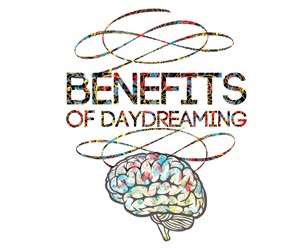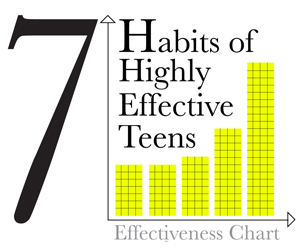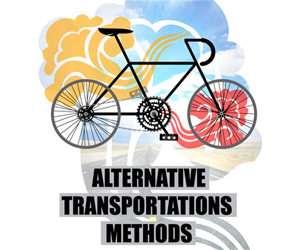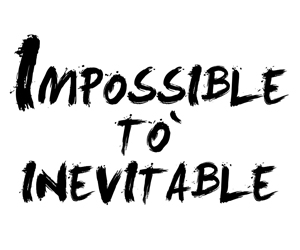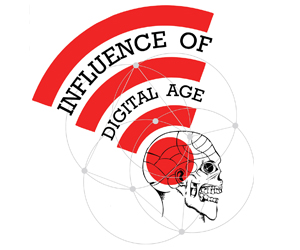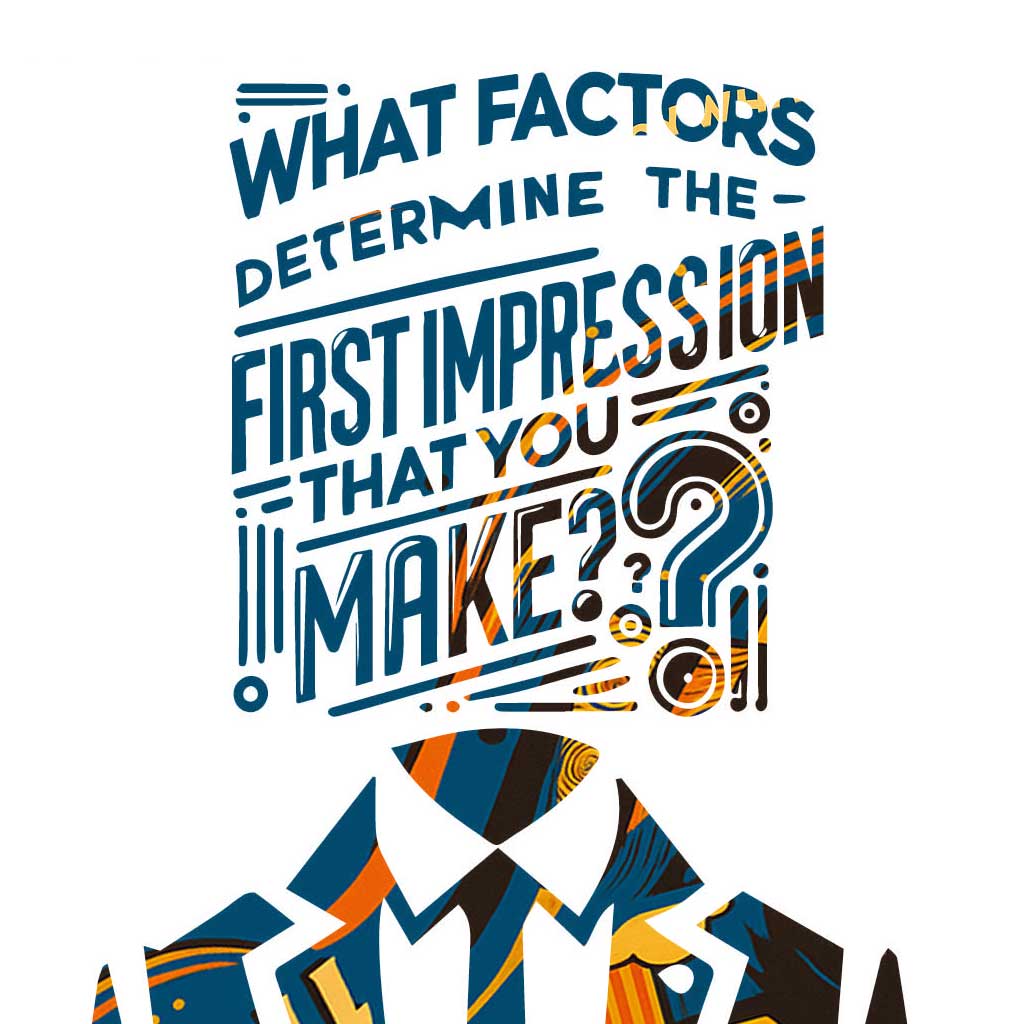
Psychologist Leslie Zebrowitz of Brandeis University studies the facial information we use to judge other people. Although first impressions are notoriously prone to error, we just can’t stop ourselves from making them — and it only takes a tenth of a second to form a judgement about another person’s character, even from a still photograph.
In her research, Zebrowitz has identified four facial cues that people use to judge the characteristics of other people:
1. Babyfaceness
Plenty of evidence shows humans have an innate tendency to find baby faces appealing. Savvy public speakers know that including a baby picture or two in their PowerPoint slides will elicit “oohs” and “aahs” from their audience. Likewise, videos of babies and kittens (which also have baby faces) are among the most popular on YouTube.
It makes evolutionary sense to have an inborn soft spot for babies who need to be protected and cared for. But people overgeneralize this predilection to adults whose faces are baby-like. Specifically, baby faces have big eyes, large foreheads, short chins, and rounded heads, among other characteristics.
People tend to treat baby-faced adults kindly, but they also assume them to be weak and needing care. For example, the elderly often take on a baby-face appearance as their hairlines recede and their faces round out. We tend to treat senior citizens in a careful manner, whether they need special care or not. In short, if you have a baby face, people may tend to treat you kindly, but they may not think you’re very capable.
2. Familiarity
Some people tend to judge people based on their facial similarity to other people that they know. For example, if you meet someone who looks like your grumpy uncle, you’ll assume he’s grumpy too. If you see someone who resembles your friendly aunt, you’ll think she must be friendly as well.
In part, this stems from the fact that our innate facial-processing mechanisms lead us to believe in a correlation between facial features and personality characteristics. However, most people that we feel as looking familiar actually don’t remind us of anyone in particular. Rather, it’s just a vague sense—the general ‘feel’ that they look like the other people we hang around with — specifically, members of the same family, race, and ethnicity. In these cases, the familiarity effect kicks in. Overall, people prefer who they are familiar with.
3. Attractive appearances
There is general agreement about what makes a face attractive. Underlying these judgements of attractiveness are facial features that are arranged in symmetry and proper proportion. The more faces diverge from the symmetrical and properly proportioned, the more they’re perceived to be ‘unattractive’.
Facial symmetry and proportion are signals of genetic diversity and a strong immune system capable of fighting off disease. Healthy people generally look attractive physically. People also assume they’re likable, intelligent, and capable, which may not be the case.
Some people perceive unhealthy people as unattractive. Due to people’s fear of illnesses and death, people tend to avoid those who may look ‘pale and sickly’. This is the evolutionary logic that drives people’s intuitions about others. However, these intuitions are baseless and they are unfair to individuals. Therefore, be wary of making such judgements.
4. Emotional resemblance
People are generally very good at reading the emotional expressions of others. However, some people have facial features that resemble emotional expressions, even when they are showing a poker face. For example, people with lower eyebrows may look angry, even when they’re not. Likewise, those whose mouths are turned upward at the corners appear to be happy no matter how they feel. All these misleading indicators cause people to judge someone inaccurately.
By and large, the intuitions that guide humans’ social interactions are largely innate, but that doesn’t mean we are powerless to overcome them. If people understand how their intuitions work, they can hold back in making a sweeping judgement on a person, and give the person the opportunity to reveal who they truly are.
Understanding how human intuition works also helps us to be more aware of how others may judge, thereby reminding us to be more careful of our actions that may unintentionally reinforce false stereotypes.
What kind of first impression do you want to make?
How would you go about making a positive lasting first impression?
Source: https://www.psychologytoday.com/au/blog/talking-apes/201708/the-psychology-first-impressions











